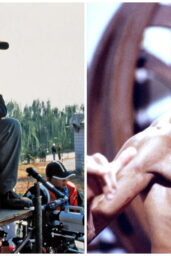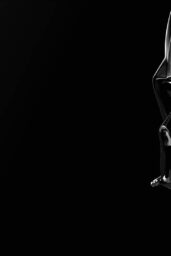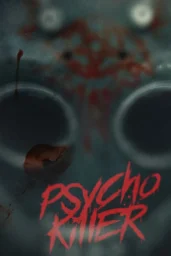Jennifer Lawrence Just Set Cannes on Fire—And No One Knows How to Feel
You could hear the silence before the chaos. When the credits rolled on Die My Love at Cannes, the crowd didn’t know whether to clap or call a therapist. There were murmurs. There were a few boos. Mostly, there was stunned, reverent confusion. And that, somehow, might be the biggest compliment Lynne Ramsay could hope for.
Because Die, My Love isn’t polite cinema—it’s a molotov cocktail hurled at everything we think we know about motherhood, mental illness, and Jennifer Lawrence.
Not Your Mother’s Postpartum Drama
Let’s get one thing clear: this isn’t Marriage Story with diapers. This is mother! on acid, filtered through a Ramsay lens that’s less “elevated horror” and more “feral scream in a barn.”
The plot (if you can even call it that) is simple: Grace (Lawrence) and Jackson (Robert Pattinson) move to the woods to play house and reinvent themselves. But after their child is born, Grace comes undone in the most vivid, unglamorous way possible. She masturbates while the baby cries. She stalks her biker neighbor. She swims in her underwear with children. It’s less of a breakdown and more of a detonation.
The insane detail? Lawrence reportedly shot the bathroom-trashing scene in one take—and walked away with real blood on her hands.
This is Scenes from a Marriage meets The Shining—if Jack Nicholson were a postpartum mom with a vape pen and a literary degree.
The Madness Is the Message
Ramsay has always thrived in the gap between realism and nightmare (We Need to Talk About Kevin, anyone?). But here, she abandons narrative altogether. Time warps. Scenes start in the middle of sentences. You feel like you’re trapped inside Grace’s skull—and it’s a sensory hellscape.
Cinematographer Seamus McGarvey shoots Montana like it’s purgatory. And the sound design? Think: flies buzzing, floors creaking, silence that feels like it’s breathing down your neck.
Still, the genius isn’t in the style. It’s in what Ramsay doesn’t say. No one swoops in to fix Grace. No diagnosis, no intervention. Just a woman—raging, unraveling, existing.
As one critic muttered on the way out, “It’s like watching someone drown beautifully.”
Jennifer Lawrence: Not Just Back—Transformed
Let’s stop pretending this is some mid-career comeback. Lawrence didn’t “return” in Die, My Love—she resurrected herself.
This is her most fearless performance since Winter’s Bone, but with the anger cranked up to biblical. She screams, mocks, bleeds, seduces, and spits fury at a world that demands she be nurturing while it starves her of every human need.
Forget awards. This is career demolition and reinvention.
And she’s not alone. Pattinson plays the disappearing dad with that quiet blankness that makes you want to shake him. But it’s Sissy Spacek, as the well-meaning mother-in-law, who lands the most devastating scene in the film—just a glance, two women, generations apart, recognizing the same wound.
So… Is It a Masterpiece or a Nervous Breakdown?
Depends who you ask. Some Cannes critics are calling it “a feminist Possession for the TikTok age.” Others are still picking their jaws off the Debussy Theatre floor.
The only thing certain? You won’t forget it.
So: genius or garbage fire? Would you watch this or fake your own death to avoid it?
Either way, Die, My Love just redefined the motherhood movie—and Lawrence just reminded us she’s not here to play nice.










